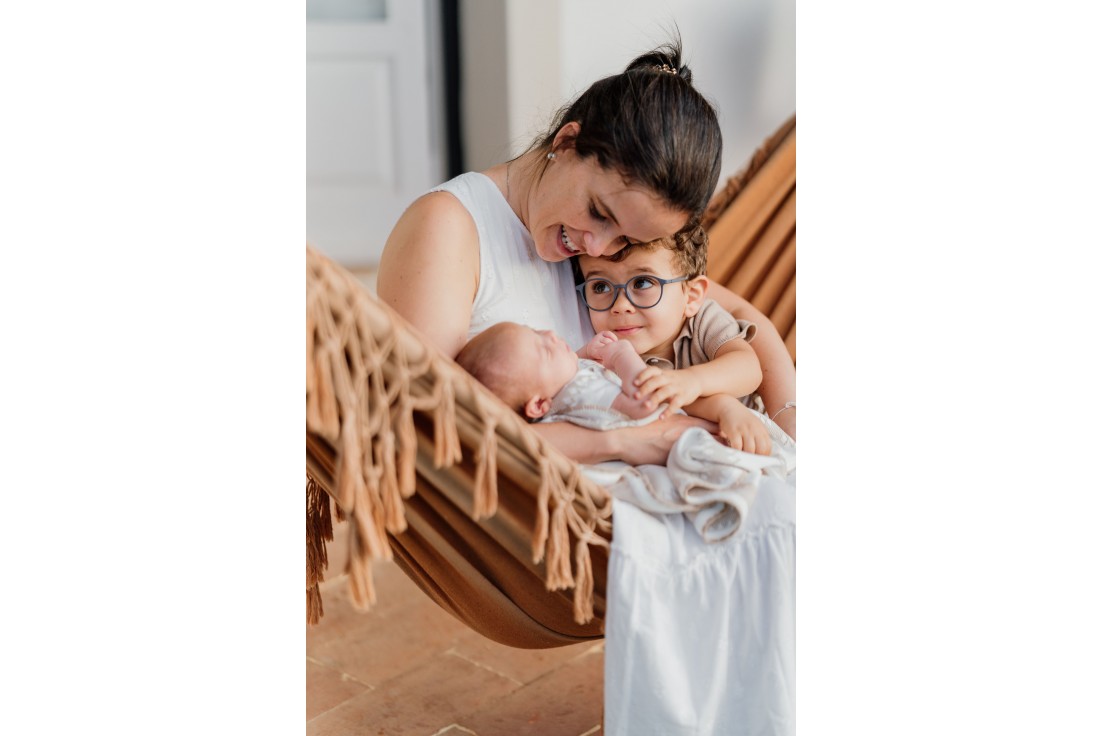In the common imagination, it is only the mother who takes care of everything between home and family, but in reality parenting doesn't just lie with women: men are often left out of this conversation and effectively suffer from this exclusion.
Today, fathers no longer want to limit themselves to the old-fashioned role of having the responsibility to help, financially, and to be the disciplinarian of the family; they want to be true co-parents - to help in the care of their children.
The year 2020, with the arrival of the covid-19 pandemic, has undoubtedly transformed the way society views fathers. There is greater involvement of fathers in family relationships with their children and in various household tasks. In 2015, the ONS (Office for National Statistics) found that men spent 39% of the time women spent caring for their children, compared to 64% during the pandemic year. This crisis has therefore accelerated a movement: without fathers, gender equality for mothers could not be advanced. These are two sides of the same coin. If men continued to spend more time with their children, there would be more benefits for everyone: women, children, and even men themselves, because affectionate relationships are more rewarding than anything else. This idea is based on the fact that men feel, sometimes, freeto express their vulnerabilities and fears.
With reference to parental license in Europe, we can see that Spain presents a better picture for fathers: both mother and father are entitled to 16 weeks of license (non-transferable and 100% paid). Of these, the first 6 are compulsory immediately after the birth of the child, while the following 10 are optional and parents can choose to take them on a full or part-time basis. This is a decision that encourages rethinking parenting as a context that contains new social challenges. Of course, the scandinavian countries also create a favourable context for parenthood: in Norway, parents can benefit from almost a year's parental time off (46 weeks paid at 100% or 56 weeks at 80%). In Sweden, each parent is entitled to 12 months' leave to share, but at least two months for each parent are compulsory.
In Portugal, there are two alternatives: 120 days for the mother + 30 days for the father (optional) - these days are paid at 100% by the Portuguese State - or 150 days for the mother + 30 days for the father (optional) (paid at 83% by the Portuguese State). In addition to the 30 optional days, the father is entitled to another 25 days (divided between - 20 mandatory days and 5 optional days - 5 working days (from Monday to Friday) to be taken immediately after the birth of the baby. In addition to this initial assumption, there are other specific measures (according to certain contexts) related to the father's parental leave, which are available online.
In Italy, the situation is completely different: parents are entitled to 10 days of compulsory paid leave. In contrast to parental leave, there are 10 months to be shared between both parents in the first 12 years of the child's life. The months become 11 if the father takes at least three months (continuous or fractional). If possible, other parents should have the courage to feel free to make the decisions for which they feel best represented.
These measures, sometimes, may determine the decision to raise a family. But, we believe that the various scenarios presented can become a positive development for the best monitoring of the first months and years of children's lives and, at the same time, a support for parents in adapting and organising the early stages of such an important phase in their lives. The same happens, when we think about the role of the mother and the father: there is a greater awareness of the challenge that parenthood can be and, above all, a change of mentality regarding the accompaniment and contribution of the father, who is more active and willing to support and, above all, begins to effectively represent the 50% of a relationship.
What about you? What is your opinion about this whole parenting challenge? How was your experience? What is your context?






